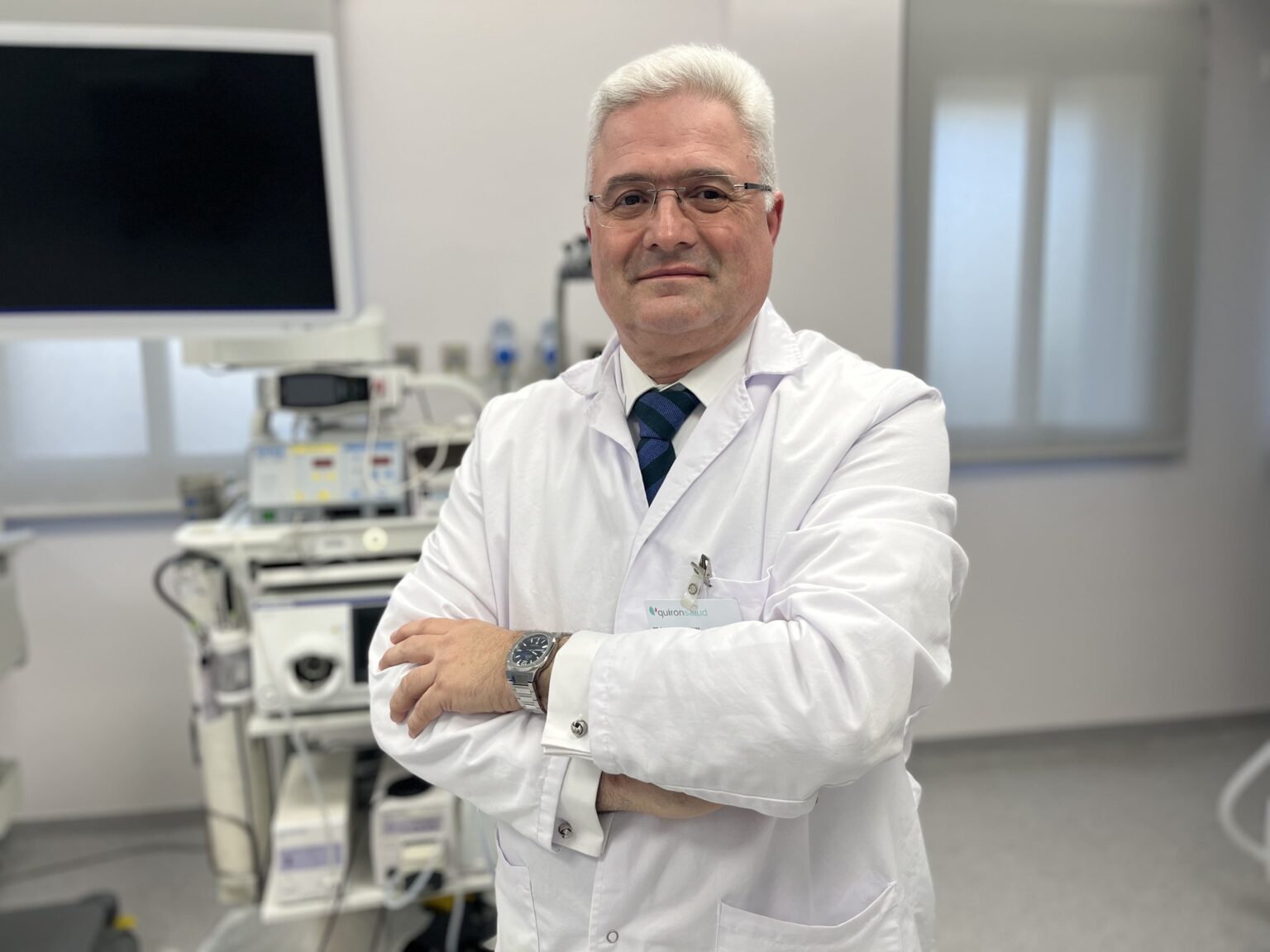On the occasion of World Colon Cancer Day, gastrointestinal specialists at Hospital Quirónsalud Sagrado Corazón have emphasized the importance of screening tests, especially because more than 90% of cases of this disease are diagnosed in people over 50 years old. Early detection of colorectal cancer is crucial to reduce mortality, and tests such as fecal occult blood or colonoscopy are essential in this process.
According to recent data from the Spanish Society of Medical Oncology (SEOM), colorectal cancer is expected to become the most diagnosed tumor in Spain, with nearly 45,000 new cases, with Andalucía being the region with the highest incidence. Despite these alarming numbers, Dr. Blas José Gómez, a specialist at the hospital, highlights that advances in treatments and the implementation of screening programs have doubled the survival of patients in the last 20 years. He emphasizes that, if detected early, colon cancer can be cured in 90% of cases and is one of the malignancies that best responds to medical-surgical treatment.
Colon cancer affects both sexes equally, which makes screening tests recommended not only for those over 50 years old, but also for those suffering from inflammatory bowel diseases, such as ulcerative colitis and Crohn’s disease, as well as those with a family history or personal history of colon cancer or adenomatous polyps.
Polyps, which are lesions that can develop in the colon, can arise from inherited or environmental factors. According to Dr. Gómez, although most of these polyps are benign, between 5% and 10% can become malignant tumors, reinforcing the need to detect and remove them in time. Colonoscopy is established as the most effective diagnostic test, as it allows visualization of the colon and rectal mucosa, and in many cases, polyps are removed and biopsies are taken during the same procedure.
Finally, doctors call on the population about the importance of prevention and early detection, emphasizing that, in addition to family and health characteristics, various risk factors such as a diet high in red meats and fats, tobacco and alcohol consumption, as well as a sedentary lifestyle, should be considered to reduce the likelihood of developing this disease.
Referrer: MiMub in Spanish










